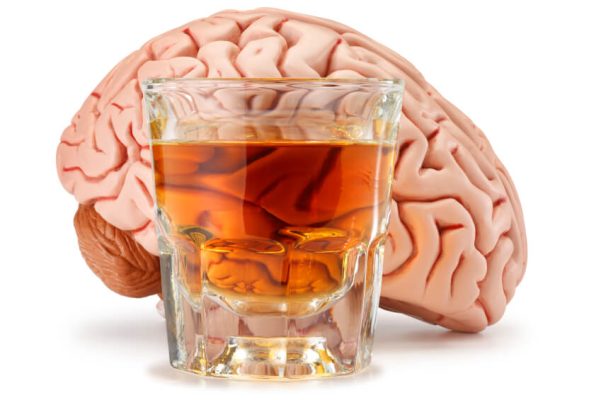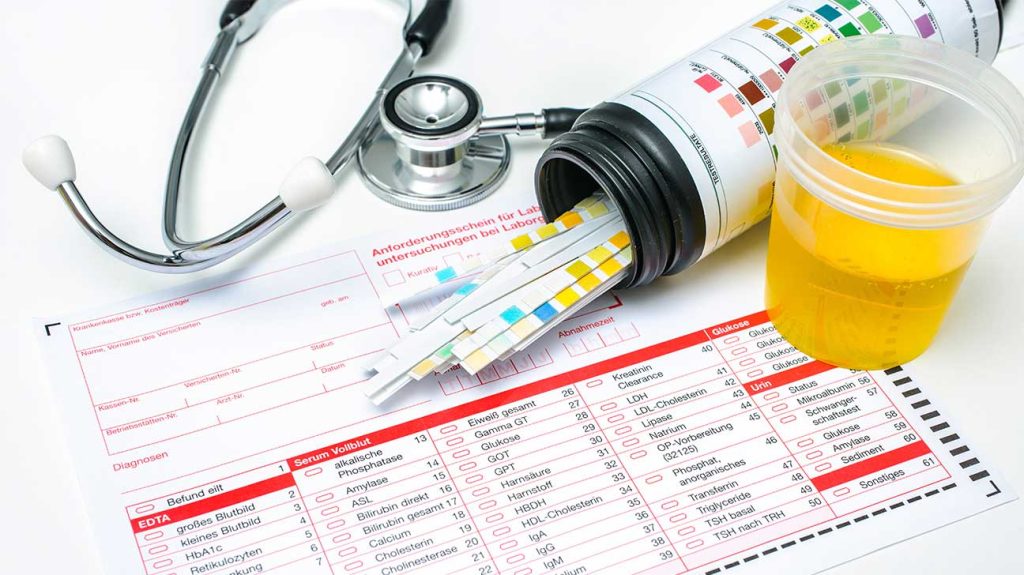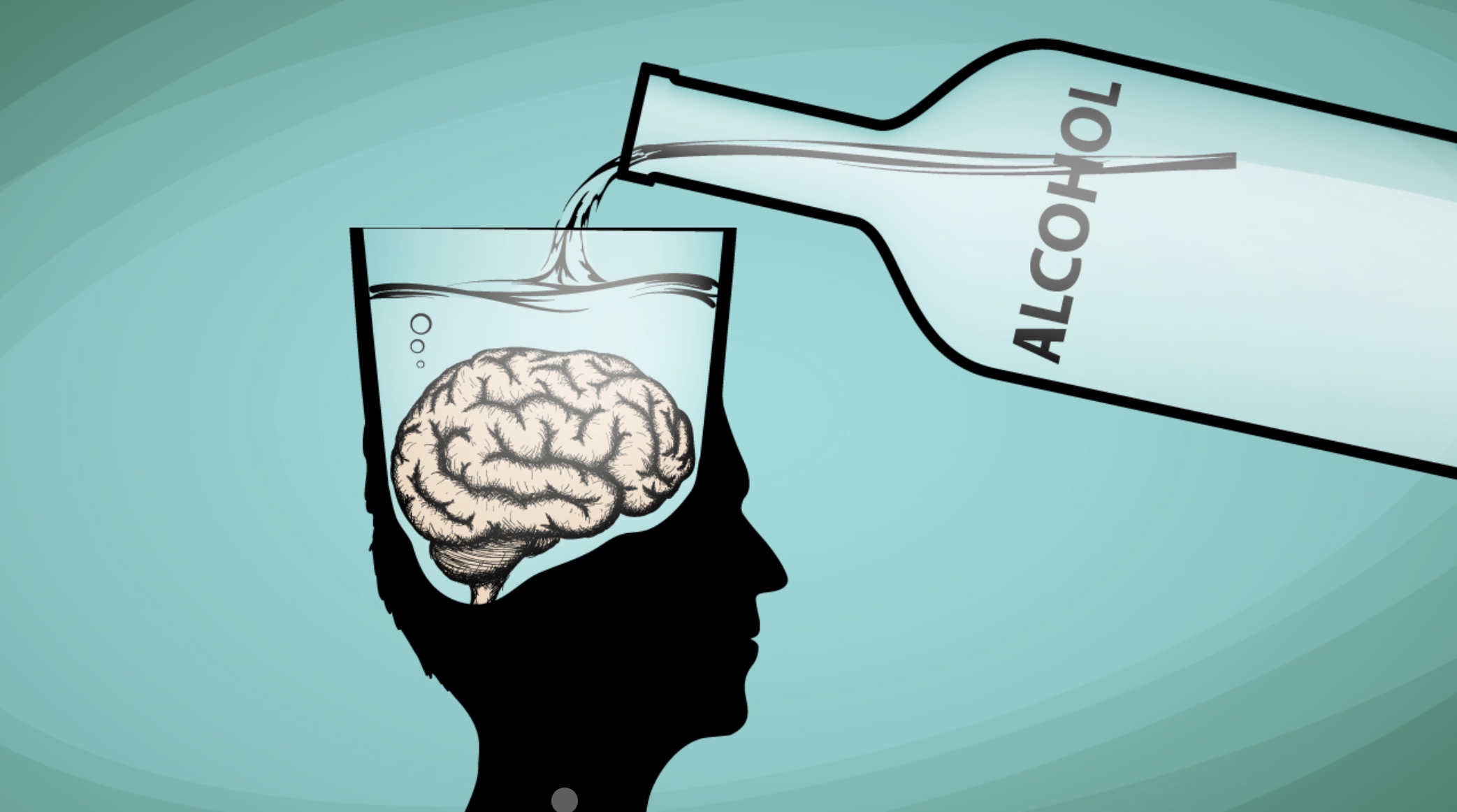How Does Alcohol Affect the Brain?
Learn it now; How Does Alcohol Affect the Brain?
Table of contents
Despite the many benefits of moderate drinking, alcohol affect the brain significant harm. Alcohol is a neurotoxin, meaning it can damage neurons directly. It slows down brain processes, such as memory and reflexes. Moreover, it alters levels of neurotransmitters in the brain, which can affect behavior.
Alcohol ,can also affect the body parts, such as the heart and lungs. This can lead to other problems, including strokes and high blood pressure—moreover, people who drink excessively are at risk of developing alcoholism, a chronic, potentially fatal disease.
Heavy drinking can damage the brain, causing structural changes and alterations in neuron size. In addition, alcohol can also damage the hippocampus, the area of the brain responsible for memory. These changes can interfere with learning and cause difficulties with memory.
Heavy drinkers can risk developing the disorder of Wernicke’s encephalopathy. This disease is characterized by a deficiency of thiamine, a nutrient that helps maintain normal brain function. A study on the disease found that 80 to 90 percent of people who develop it are alcoholics.
People who drink heavily are also at greater risk for depression and anxiety. They are also more likely to have memory and emotional dysregulation problems. They are also more likely to develop Korsakoff’s psychosis, a chronic, debilitating disease.
Alcohol can also damage the brain‘s white matter. White matter is the brain’s communication system with the rest of the body. White matter plays a vital role in processing thoughts and regulating movement.
Which Alcohol Most Affect the Brain?
While all types of alcohol affect the brain, the degree of impairment varies based on the quantity drunk, the person’s tolerance, and their general health.
Alcoholic beverages’ main constituent, ethanol, depresses the central nervous system and slows down brain activity. Heavy drinking can have a noticeable effect and cause slurred speech, shaky movement, and poor decision-making skills.

While drinking alcohol in any form can impair brain function, particular alcohols may have a more noticeable impact. For instance, beer and wine have lower alcohol content than distilled spirits like whiskey, gin, and vodka. As a result, they might affect the brain more strongly and result in more severe disability.
It’s crucial to remember that even moderate alcohol use might make it difficult for you to drive or perform other activities that call for concentration, coordination, and decision-making.
Additionally, long-term heavy drinking can alter the brain, raising the likelihood of developing alcohol use disorder as well as other health issues.
The Amount of Ethanol in Alcoholic
The amount of ethanol in alcoholic beverages might vary, however the following list of popular drinks is ranked generally from highest to lowest according to their average ethanol content:
| Alcohol | Alcohol by Volume [ABV] % |
| Distilled spirits | 40-50% |
| Liqueurs | 15-30% |
| Fortified wines | 20-24% |
| Regular wine | 10-14% |
| Beer | 4-7% |
It’s important to keep in mind that these are merely broad ranges and that a given drink’s actual ethanol concentration may differ. The quantity and size of the serving can have a big impact on how alcohol affects the body and brain in general. Regardless of the sort of alcohol drank, it’s crucial to drink sensibly and moderately.
How Long Does Alcohol Stay in Urine?

Several factors affect how long alcohol stays in the body. These include age, gender, weight, body water content, family history, physical activity, and health conditions.
In general, alcohol stays in the body for about eight to ninety days. Several types of lab tests can be used to measure the amount of alcohol that is in the body.
Breath tests can detect alcohol within a few hours. Urine tests can detect alcohol between twelve and forty-eight hours after drinking. However, more sensitive urine tests can detect alcohol for up to five days.
Hair follicle tests can also provide evidence of alcohol use for up to 90 days. However, hair tests require a professional lab to perform the testing. Hair tests are not cheap, but they provide accurate results. Hair grows about one-half an inch each month.
The amount of alcohol consumed will also affect how long alcohol stays in the body. It is essential to avoid binge drinking. This can lead to intoxication and the risk of alcohol poisoning. Alcohol is broken down into ketones in the liver.
These ketones then travel through the body to be eliminated. Drinking water can speed up the elimination process. However, drinking water does not increase the rate alcohol is absorbed.
Women and men metabolize alcohol at different rates. Males metabolize alcohol at a rate of one standard drink per hour. Females have less dehydrogenase, which is the enzyme that breaks down alcohol.
Best Way to Stop Drinking Alcohol

Whether you are trying to stop drinking alcohol for good or want to try it, you should know a few things. Alcohol can give you some advantages, but it can also take away many positives in your life. If you have a problem with alcohol, it is best to know how to quit drinking to take your life in a healthier direction.
The best way to start quitting drinking is to set realistic goals. You don’t want to be overwhelmed by the idea of not drinking again, but if you can achieve one day without alcohol, you will be proud of yourself.
There are many ways to make this a reality. One strategy is to find an accountability buddy. You can find this person at home or in a support group. They can help you stay on track during the first few weeks.
Another way to help you kick the habit is to set limits. Set times of the day that you will not drink. You can do this by limiting your drinking to the weekends or limiting your drinks to one or two drinks.
Another thing to keep in mind is that you may experience withdrawal symptoms. If so, you may need to seek medical attention. You may also need to attend an alcohol rehab clinic for professional detoxification. You may also need a therapist or support group.
Can I Drink Alcohol While Taking Antibiotics?

Taking antibiotics while you are drinking can cause adverse side effects. This combination can disrupt your body’s natural healing process. It can also interfere with your immune system’s ability to fight infection. This can worsen your symptoms and even increase the time it takes to recover.
Can You Drink Alcohol While Breastfeeding?

Generally, drinking alcohol while breastfeeding is a no-no. Luckily, you can do a few things to minimize alcohol exposure to your baby. One of the simplest ways to decrease alcohol exposure to your baby is to wait a few hours after you have a drink before nursing your baby. This will allow your body to clear the alcohol from your system.
In Addition
Yes, alcohol can significantly affect the brain. When consumed, alcohol enters the bloodstream and is distributed throughout the body, including the brain. Its impact on the brain can be both short-term and long-term, depending on the amount and frequency of alcohol consumption.
Short-term effects:
- Impaired judgment and decision-making: Alcohol can impair cognitive functions, leading to poor decision-making and risky behaviors.
- Slurred speech and motor impairment: Alcohol affects the brain’s ability to control muscle movements, resulting in slurred speech and unsteady gait.
- Memory problems: Excessive alcohol consumption can lead to blackouts or gaps in memory due to its impact on the hippocampus, a region responsible for memory formation.
- Reduced inhibitions: Alcohol can lower inhibitions and lead to more impulsive and reckless behavior.
- Mood alterations: Alcohol can influence mood, causing people to become more relaxed or, in some cases, aggressive and emotional.
Long-term effects:
- Structural brain changes: Chronic alcohol use can lead to changes in brain structure and volume, particularly in areas responsible for memory, learning, and decision-making.
- Cognitive impairment: Prolonged alcohol abuse can result in cognitive deficits, including problems with attention, concentration, and executive functions.
- Wernicke-Korsakoff Syndrome: This is a severe brain disorder caused by a deficiency in thiamine (Vitamin B1), often associated with chronic alcoholism. It can lead to memory loss, confusion, and difficulties with muscle coordination.
- Addiction: Alcohol can be highly addictive, leading to alcohol use disorder (AUD), characterized by a strong compulsion to drink despite negative consequences.
- Increased risk of mental health disorders: Chronic alcohol use is associated with a higher risk of developing anxiety, depression, and other mental health conditions.
It’s important to note that the effects of alcohol on the brain can vary among individuals and are influenced by factors such as genetics, age, sex, overall health, and drinking patterns. Moderation or abstaining from alcohol is the safest approach to avoid its negative effects on the brain and overall health. If you or someone you know is struggling with alcohol abuse, seeking professional help and support is crucial.
Final Thought
In conclusion, drinking alcohol can have a variety of detrimental effects on the body and brain. It can cause damage to several brain areas involved in memory and cognitive function and raise the likelihood of mental health problems like sadness and anxiety as well as chronic illnesses like Wernicke’s encephalopathy and Korsakoff’s psychosis.
Additionally, drinking alcohol while taking antibiotics might hinder the immune system’s ability to heal wounds and can also expose a nursing infant to alcohol. It’s critical to be aware of these impacts, get professional assistance if necessary to stop drinking, and maintain a healthy lifestyle.
You May Also Like
Nutrient-Rich Foods for Brain Health and Delicious Recipe to Try at Home
What to Drink to Detox Your Body?
FAQ
· Judgment and motor coordination issues
· Sluggish response time
· Lower inhibitions
· Poor ability to make decisions
· Mood and emotional state changes
Chronic excessive drinking can harm the hippocampus, which is crucial for memory and learning, as well as the frontal lobe, which is involved in decision-making, problem-solving, and impulse control.
Alcohol can influence the creation of new memories by interfering with brain cell communication. Additionally, it may prevent short-term memories from being consolidated into long-term memories, which could result in memory loss or “blackouts.” Chronic excessive drinking can also cause structural damage to the parts of the brain responsible for memory, learning, and executive function, among other long-term alterations in the brain.
Yes, drinking alcohol has been linked to decreased brain volume and cognitive performance, which are frequently regarded as signs of aging in the brain. Drinking heavily over a long period of time can cause a loss of brain function that is akin to aging but happens more quickly.
The amount of alcohol needed to produce brain damage depends on the person’s tolerance, health, and drinking history. Chronic heavy drinking causes brain damage and cognitive decline. Chronic heavy drinking is more than 14 standard drinks per week for males and 7 for women. Because even occasional moderate drinking might change the brain, it’s important to drink in moderation and follow safe alcohol guidelines.





